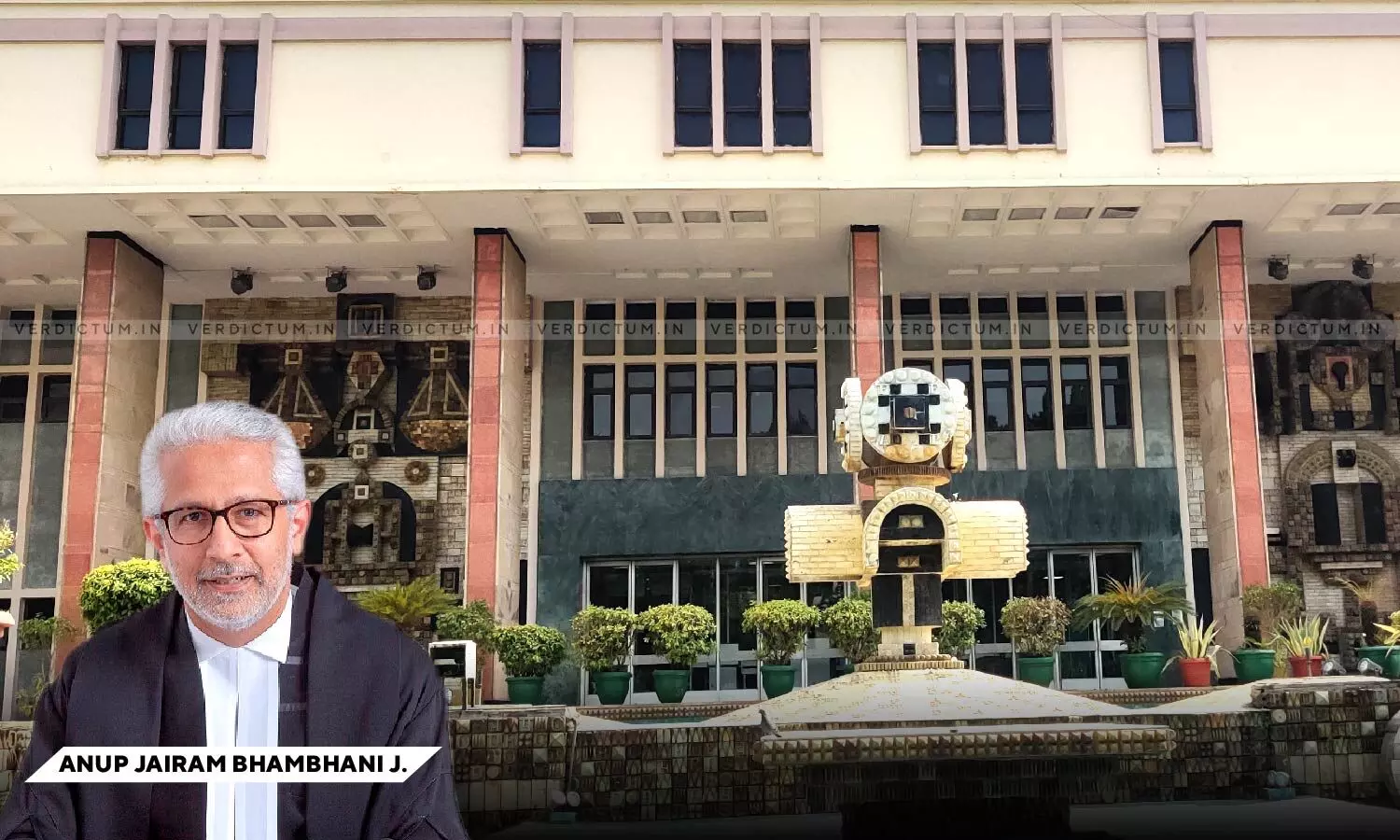
A Publication Is "Defamatory‟ In Law Or Not Is A Matter For Judicial Determination- Delhi HC Sets Aside Summons To 'The Wire' Editor
 |
|The Delhi High Court has set aside summons issued to the editor and deputy editor of online news portal “The Wire” in a criminal defamation case over publication on a dossier wherein the Jawaharlal Nehru University (JNU) was allegedly depicted as a “den of organised sex racket.”
The Bench of Justice Anup Jairam Bhambhani observed that “...Since the subject publication is not on record, it is only the opinion of those witnesses about the publication that was read by the learned Magistrate. In any case, whether or not the subject publication was "defamatory‟ in law or not was a matter for judicial determination and an opinion that must be formed by the court. The mere interpretation, inferences and conclusions drawn by the complainant's witnesses on that score cannot have been the basis for summoning the petitioners.”
Senior Advocate Nitya Ramakrishnan appeared for the appellant and Advocate Alok Kumar Rai appeared for the respondent.
The complaint, for offences punishable under Sections 499, 500, 501 and 502 of the Indian Penal Code, 1860 was made by Amita Singh, Professor and Chairperson of the Centre for Study of Law and Governance at the JNU against several people including the editor and deputy editor of “The Wire”. The Complaint was lodged for allegedly imputing the complainant, that she prepared the dossier depicting that Jawahar Lal Nehru University was a “Den of Organised Sex Racket”.
The Magistrate, on recording the depositions of the complainant’s witnesses, issued summons only to accused 1 and 2 and to none of the other persons. These two accused persons had approached the High Court to quash and set aside the summons issued.
The High Court noted that at the stage when the summoning order was passed, only a portion of the subject publication which was extracted in the complaint was before the Court and on perusing the same, there was nothing defamatory against the respondent.
Moreover, there was no certificate under Section 65B of the Evidence Act in support of the subject publication, which was an on-line publication, and was the only subject-matter of the criminal complaint against the petitioners, said the Court.
The Court further said that the Magistrate correctly appreciated the position of law but then erroneously proceeded to pass the summoning order based on oral evidence in substitution of the electronic record.
The High Court noted that “On a plain, objective and careful reading of the extract of the subject publication as contained in the criminal complaint, it appears that the controversial dossier exposes wrongful activities that it says are going-on within the university campus; and that the respondent was leading a team of persons who compiled the dossier. At the risk of repetition, the subject publication nowhere says that the respondent is involved in the wrongful activities; nor does it make any other derogatory reference to her in connection therewith. This court is unable to discern therefore, as to how the subject publication can be said to have defamed the respondent.”
Accordingly, the summons was set aside and quashed being unsustainable in law, and the petition was disposed of.
Cause Title- The Wire Through its Editor & Anr. V. Amita Singh (Neutral Citation No. 2023:DHC:2247)
Click here to read/download the Judgment